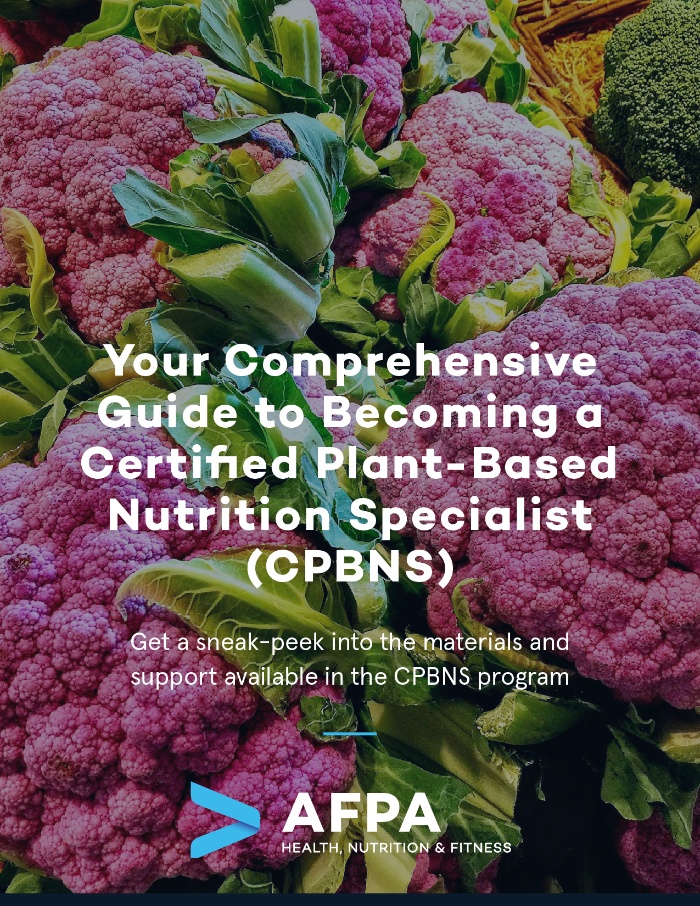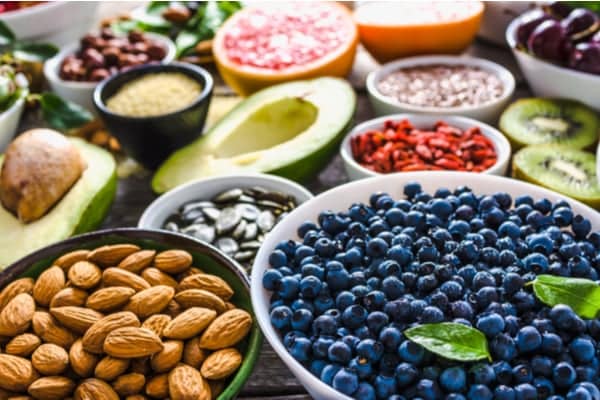There are several different approaches to nutrition, and an individual’s path is often based on a variety of factors that go beyond what’s in a grocery cart. There may be fitness or weight loss goals, food allergies, chronic health conditions, family considerations, work and travel schedules, and even religious or cultural needs.
One point of intersection for all of these, though, is the consumption of fruits and vegetables as a way to meet goals and be healthier. Nutritional consultants can advise clients about proper portions to incorporate into daily eating, and may advise either a plant-based diet or a vegan approach.
Although both approaches incorporate a considerable amount of fruits and vegetables, as well as other plant-based ingredients like nuts, seeds, and legumes, there are some differences between them worth noting. Let’s take a look at the difference between plant-based and vegan diets:
Meat & Dairy
A plant-based diet can mean that the majority of what a client eats can be considered whole foods that are derived from plants. But meat sources — particularly those that are grass-fed, local, and organic — may be a small part of meals as well, based on an individual’s nutritional needs. Fish might also be part of the plan, especially fatty fish containing omega-3s, like wild salmon. Some who follow a plant-based diet don’t eat any meat or dairy at all, while others see it as an occasional option.
Vegans don’t eat meat or fish at all, often because they have an ethical concern about how animals and fish are raised and harvested. This can extend to all types of foods, including anything derived from dairy (milk, cheese, and yogurt), eggs of any kind, and even gelatin, since it’s often produced using animal collagen.
See if the CPBNS program is right for you
Download the free program guide.
{% form “cta_form” form_to_use=”92007f71-c6da-4abf-97d3-79fe301ab59a” %}

Whole Foods
Another important difference is in the emphasis on whole foods, which means rejecting as many processed foods as possible. Those on a plant-based diet often put a great deal of focus on eating only minimally processed — and ideally, completely unprocessed — foods that retain their nutrient density. They work to incorporate a range of plant-based ingredients into their meals, including whole grains, legumes, tubers like sweet potatoes, nuts, and seeds.
For vegans, the emphasis is on avoiding animal products—not necessarily eating whole foods. While some stick to a whole foods-focused vegan diet, others might load up on fried food (cooked in vegetable oil), processed snacks, frozen meals, dairy-free pizza, soda, or sugar.
Philosophical Focus
In general, vegans tend to avoid all types of animal-based products. Some extend that commitment to not wearing leather or wool, not eating honey, and not buying products tested on animals. For vegans, what they eat is simply one component of living a life that’s considered cruelty-free.
Those who turn to plant-based diets may share many of these same concerns, but are often more focused on changing up their eating to reflect a commitment to personal health and to support sustainable farming practices. They may see a plant-based diet as a way of promoting health for themselves, their families, and their communities. But they may not share the vegan focus on avoiding leather products or eschewing honey.
Whichever path a client wants to take, advice from a nutritional consultant can be hugely valuable for helping to refine eating plans, clarify goals, and meet their philosophical and ethical needs.
{{cta(‘636fbcf2-bdae-4799-939c-836f05bd909a’,’justifycenter’)}}



